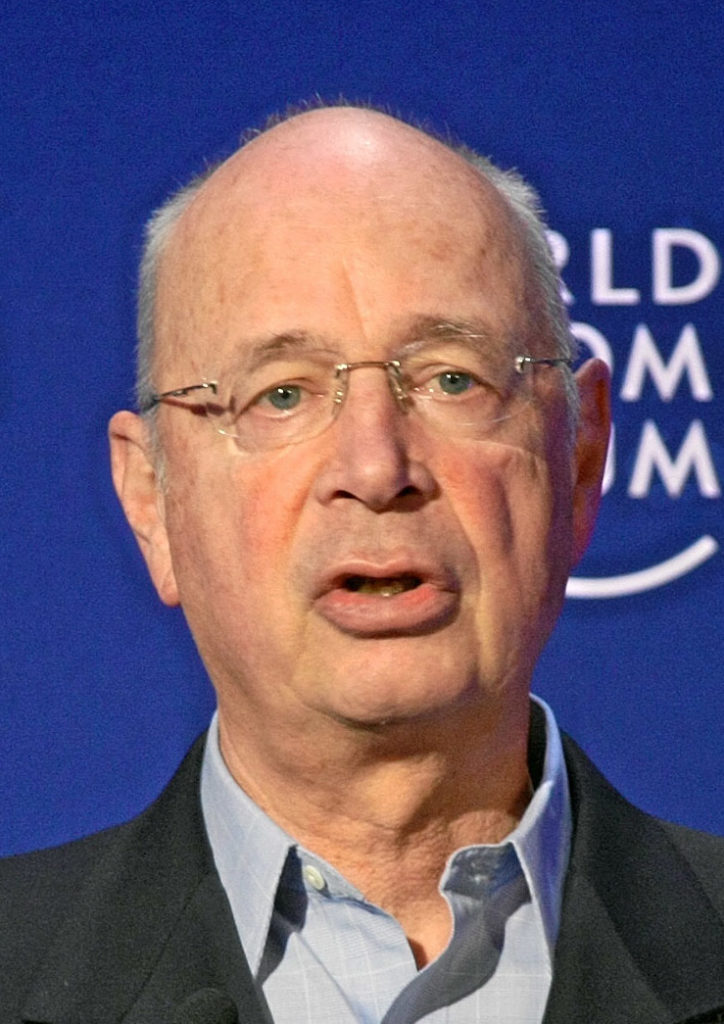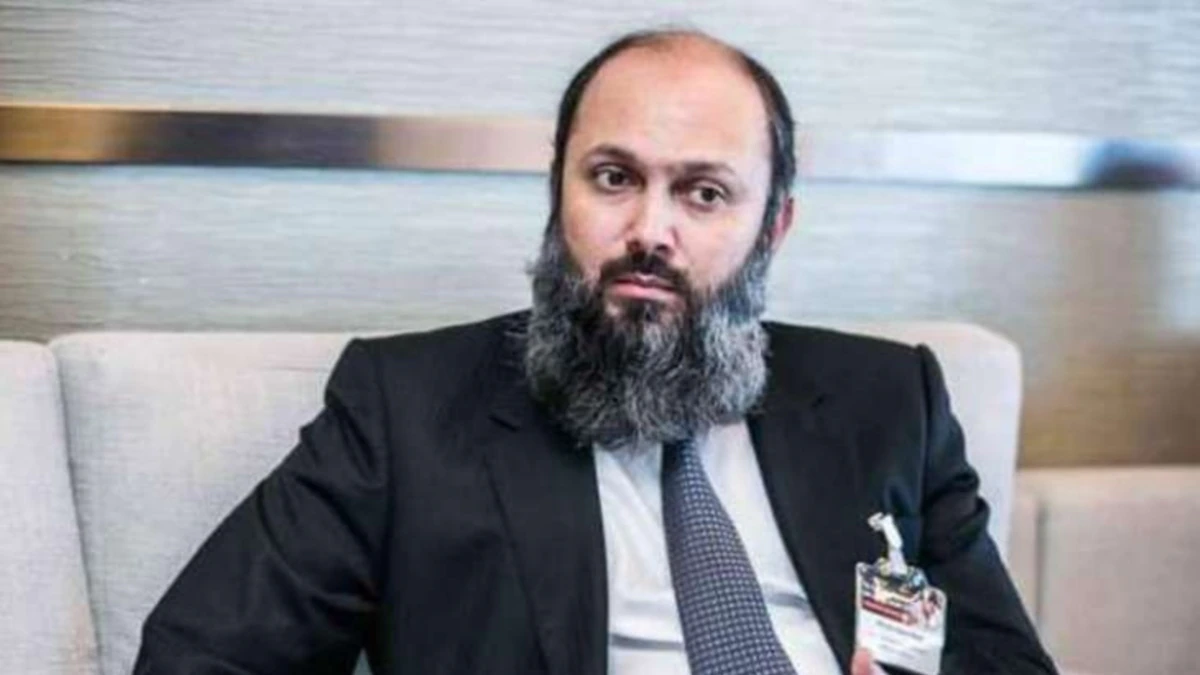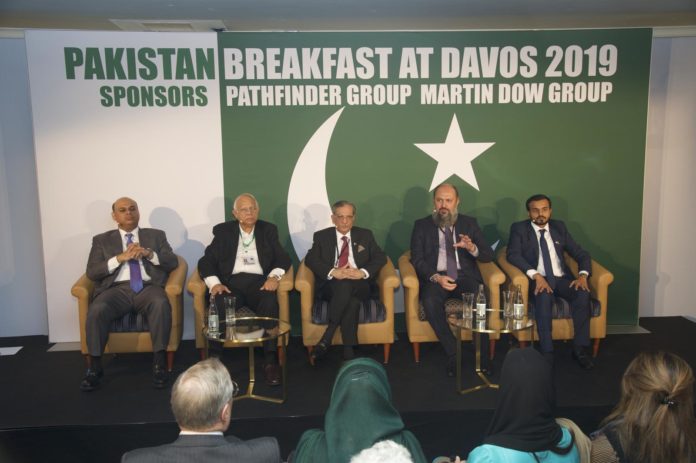Founded in 1971 by German economist and entrepreneur Klaus Schwab, the World Economic Forum (WEF) is a not for profit organization that gained formal status in January 2015 confirming its role as an International Institution for Public-Private Cooperation. The Forum’s mission is “committed to improving the state of the world by engaging business, political, academic, and other leaders of society to shape global, regional, and industry agendas”. The WEF hosts an Annual Meeting at the end of January in Davos, a mountain resort of Switzerland. The meeting brings together some 2,500 business leaders, international political leaders, economists, celebrities and journalists from all over the world for up to four days to discuss the most pressing issues facing the world.
The WEF has many critics as well called a meeting of the rich who dominate not only the world economy but assert a growing influence on governments as well. The WEF is exploiting the third world countries, indeed critics are questioning the WEF’s vision for globalisation, saying it is unlikely to help redistribute the world’s wealth, fight poverty and solve other urgent problems. As a matter of fact the current capitalist system has reached a point where it is left with less options for global expansion and its destruction of the environment has reached epic proportions. There is an urgent need for action by those in the driving seat of the present economic system. Some people, among them the founder of WEF Klaus Schwab, have recognized the seriousness of the situation. His team has developed a vision for change; he calls it Globalization 4.0 and in a paper that is part of the WEF agenda he writes: ”This moment of crisis has raised important questions about our global-governance architecture. With more and more voters demanding “taking back control” from “global forces,” the challenge is to restore sovereignty in a world that requires cooperation. Rather than closing off economies through protectionism and nationalist politics, we must forge a new social compact between citizens and their leaders, so that everyone feels secure enough at home to remain open to the world at large. Failing that, the ongoing disintegration of our social fabric could ultimately lead to the collapse of democracy.
A new framework for global public-private cooperation has been taking shape. Public-private cooperation is about harnessing the private sector and open markets to drive economic growth for the public good, with environmental sustainability and social inclusiveness always in mind. But to determine the public good, we first must identify the root causes of inequality.” This analysis seems to describe the situation quite neatly, WEF is an important forum in global economy, politics, technology and other fields and right now there is no other global forum available to address the burning problems of the world.

Many of the important politicians did not come to Davos this year, most for reasons of different crisis which we are in. Pakistan is suffering because of its massive image problem and the main actor involved in the ‘war on terror’ it is vital to be a part of such an important global forum and present the country’s views but also the changes that are going on in Pakistan politically, economically and otherwise. Those changes are usually not well reported by the media and that is why Pakistanis have to speak for themselves.
This year as many years before Pakistan has been represented in Davos to the visitors of the World Economic Forum mainly due to the private initiative. It started 18 years ago with the first Pakistan Breakfast, an early morning open breakfast invitation by the Chairman Pathfinder Group Ikram Sehgal at the Steigenberger Belvedere in Davos for all who are brave enough to face the cold early morning and take interest in Pakistan. Four years ago late Jawed Akhai of Martin Dow Group shared the effort to share the cost of presenting Pakistan to the world in Davos. Because of the untimely demise of Jawed Akhai his son Ali represented Martin Dow this time and vowed to respect the wish of his late father and keep the Davos effort up. The Pakistan pavilion was added last year where Pathfinder Group and Martin Dow Group present their products and services, Pakistan-related charities are also introduced. The main proponent for Pakistan’s image is thus a private sector initiative to put their money in the service of Pakistan’s national interest.
Over the last many years, the regular Pakistan Breakfast has developed into an institution acknowledged by those attending Davos regularly. Most of the time Pakistan’s President and/ or Prime Minister would attend; Last year PM Shahid Khaqan Abbasi attended the Breakfast. This year the new PM of Pakistan Imran Khan chose to not come, it is said he thought it a waste of money. Imran Khan though had come to Davos three years in a row in 2011, 2012 and 2013 as the Chief Guest at the PAKISTAN BREAKFAST and it is strange that he decided not to come as a PM. With Pakistan facing an economic crisis, it would have been important for him to refute wrong perceptions about Pakistan and the situation it is in personally.
One of the Pakistanis who was at the Pakistan Pavilion was Miqdad Nasser, Group Chief Executive, Financial Services and Technology Division, Pathfinder Group, and CEO i3 Pathfinder Solutions (Pvt) Ltd, to quote him, “My team and I attended many face to face discussions around future key trends from leading technology organizations such as IBM, SAP and WISeKey as well as through thought leaders and experts in different domains such as “Cyber Security” by Carlos Moreira, Founder, Chairman and CEO at WISeKey including others; “Web Intelligence & Big Data analysis” which was covered by Andrey Masalovch, PhD, author of Web Intelligence technology Avalanche; while Leena Nair, Chief HR Officer at Unilever spoke on “The Future of Education is on Demand”; and the Panel Discussion on how leaders can help master large scale change by CxOs representing Dell, NASDAQ and Philip Morris at the WSJ & PMI on “ Leading through Disruption”. Other interesting topics included Healthcare, AI, Climate Change and the 4th Industrial Revolution. The entire forum seemed tailored to any role providing attendees including us the opportunity to network with individuals from different countries at the Caspian Week, Russia House or the Indonesian Pavilion and to share ideas that made our countries similar. Discussions covering Social Inclusion i.e. Women Empowerment and Financial Inclusion with potential investors from Spain, Sharjah and Bahrain who we engaged with on investor presentations on Financial Payment Gateway and technology capabilities of Pakistan while they gave us a different perspective and view of international economies and diversity. An interesting perspective was shared during a session by Nicholas Chemali VP Eli Lilly on something closer to our business trend i.e. “Structuring the landscape of outcome-based payment models”. For an investor, a growing concern or an enthusiast, attending the World Economic Forum has huge value and should provide significant returns in the time invested at the event,” unquote.

Instead in contrast to the royal entourage of previous Presidents/ PMs the Chief Minister of Balochistan was invited and a Swiss visa was organized on short notice. The exchequer paid for a Balochistan delegation consisting of two people only: Jam Kamal Khan and Senator Kakar. They came without protocol, without any security. The CM was accompanied only by his wife and he paid for her ticket himself. Can we possibly call this ‘waste of public money’? The presentation of the CM and the Senator about Balochistan was a rare occasion for the outside world to know first-hand about this otherwise remote province. Even if the result would not be a stream of new investors, this is the only way to find open ears for what Pakistan has to say. And what an impact could the fact that Balochistan was representing Pakistan in a global meeting like Davos, if communicated properly much wind could be taken out of the sails of those in the province who keep utilizing the past negligence by Federal Governments which has spawned many separatist movements.
To call Pakistan’s representation in Davos a waste of public money is really a short-sided view and an attitude that does not augur well for a country that wants to change its image and wants to be recognized for the efforts and progress it is making and for which it might need help. Pakistan in Davos is and should be a public-private enterprise that helps to bring the country out of crisis. There will be another WEF in Davos in 2020 hopefully with official Pakistani representation.




